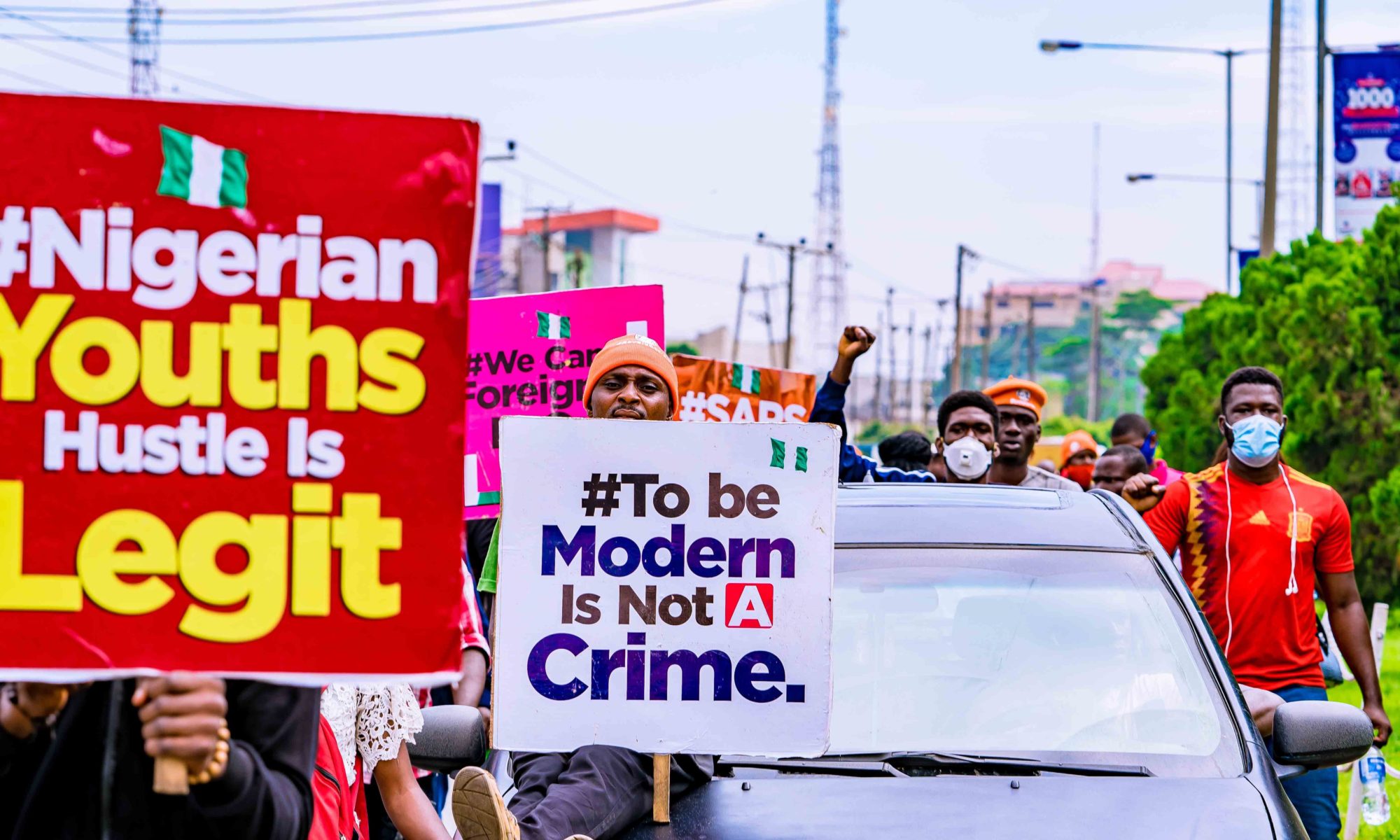By Jesper Bjarnesen, Kajsa Adu Hallberg, Cristiano Lanzano, Henning Melber and Patience Mususa
Citizenship plays an increasingly important role in governance at a time when globalisation and population mobility have shifted the context of belonging. As a legal status associated with national identity, citizenship is both negotiated and contested. The often-synonymous use of the terms “nationality” and “citizenship” make such disputes apparent. With reference to African states the human rights scholar Bronwen Manby maintains, that “citizenship is not just a legal concept but also a profoundly political question of self-definition”.
A generation in waiting
Since the turn of the century, African governments have increased social protection. This includes cash transfers for health and education services and income support to the poor. Such measures reshape the relationship between the state and citizens, by either strengthening a sense of entitlement through inclusion or reproducing inequality and marginalisation by exclusion. Within the suite of measures introduced as part of social protection programmes is encouraging formal registration of births, especially in rural areas. But, these efforts are hampered by a lack of administrative capacity (and in some cases, political will). Indeed, no African country has a complete birth registration system.
According to UN statistics, Africa’s population will double by 2050. Nearly 41% of the people are below the age of 15, while 15 to 24-year olds constitute almost 20%. They are increasingly concentrated in major cities. Technological advances also tend to bypass those who do not have the required skills or access to technology. A majority of youth are either unemployed or underemployed and do not have access to higher education or vocational training. According to a 2020 report by the African Development Bank, close to half of the employed youth on the continent perceive their education and skills as a mismatch with their jobs. Around two-thirds of youth have inadequate education. Most live in “waithood”, a period of suspension between childhood and adulthood, often lacking full citizenship rights and excluded from representation within democratic forums. When made good use of and provided the opportunities, many face limitations that trigger escalating demands for better services.
Youth protests: the role of music and social media
The consolidation of multi-party democracy in many parts of Africa has in general strengthened the young citizens’, or more particularly the young urban voters’ influence over the ballot. At the same time, formal political structures often continue to entrench power among the older generations and maintain governance by elders. This resonates with traditional social hierarchies. Such hierarchies are challenged by emergent youth and feminist movements that are mobilising on issues of access to services, land, jobs and resources. This in turn exerts pressure on those in power, who often in response resort to reinforcement of autocratic rule and repression.
Youth have developed new forms of articulating dissent and protest. Popular music is instrumental in how the youth communicate resistance and mobilise. In Zambia, contemporary popular music with political undertones portrays the youth’s precarious and continuous efforts to try to make a living. In Uganda, pop star-turned-politician Bobi Wine, affectionately known as the “ghetto president” ), is the opposition’s most popular candidate for the next presidential election. His support among the people makes him not only a strong contender but also a target for intimidation, arrest and assassination.
African governments also fear activism utilising the potential created by social media. During protests, governments have limited access through internet disturbances, so called throttling, or by total shutdowns. In 2019, at least ten African countries blocked or reduced access to digital media, according to democracy and media researcher Lisa Garbe. In mid-2020, the Ethiopian authorities imposed an internet shutdown for close to a month in response to unrest which followed the killing of the popular Oromo singer and activist Hachalu Hundessa. Internet was also closed down when the invasion of Tigray took place ). Governments also seek to curb youth protests by imposing social media taxes and stricter control of internet-based communication.
The need for civic education
A report by the United Nations Economic Commission for Africa suggests civic education as a means of influencing the attitude of younger generations. Governments should grasp the opportunity of reaching out to young people, through school curricula and public awareness campaigns. But promoting common ground requires more. They ought to address not only pupils, but brief all members of a society on citizen rights and civil liberties. Such education could be institutionalised as an integral part of targeted programmes on national, regional and local levels of a state beyond public and private schools. Training should also include public servants, state officials and members of political parties and also secure participation of grassroots organisations and social movement activists to encourage an institutionalised state-citizen dialogue.
This might enhance and anchor a social contract, which offers citizenship as civil right and entitlement to social benefits to all. In return, based on mutual recognition, such civic liberties need to acknowledge and respect the obligations which come along. These include non-violent engagement with state authorities, who in return abstain from physical repression and other ways of intimidation as a pact on the way towards more social stability. As Timothy Besley recently suggested, “this captures the idea of government as a reciprocal social contract between the state and its citizens … in the emergence of civic culture”.
The authors are all based at The Nordic Africa Institute in Uppsala/Sweden. This is a condensed version of the open access policy paper “The politics of citizenship: social contract and inclusivity in Africa”
Image: TobiJamesCandids on Wikimedia

